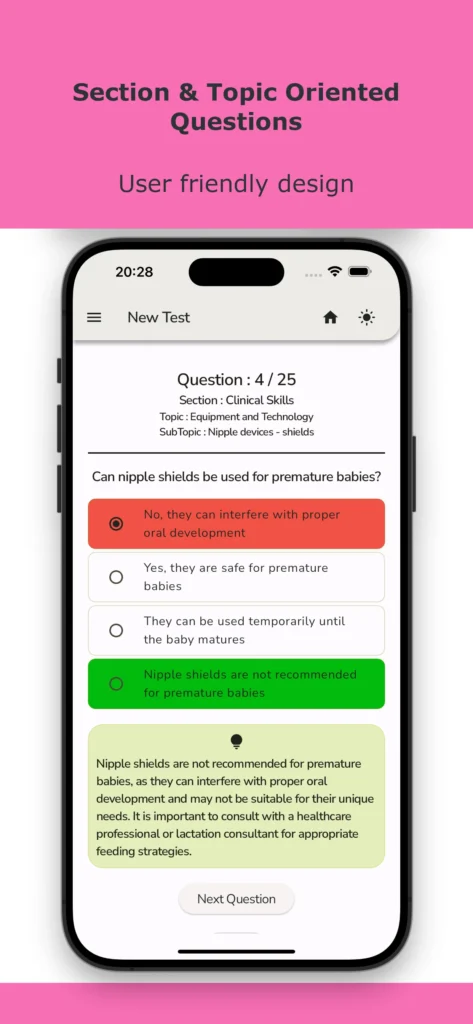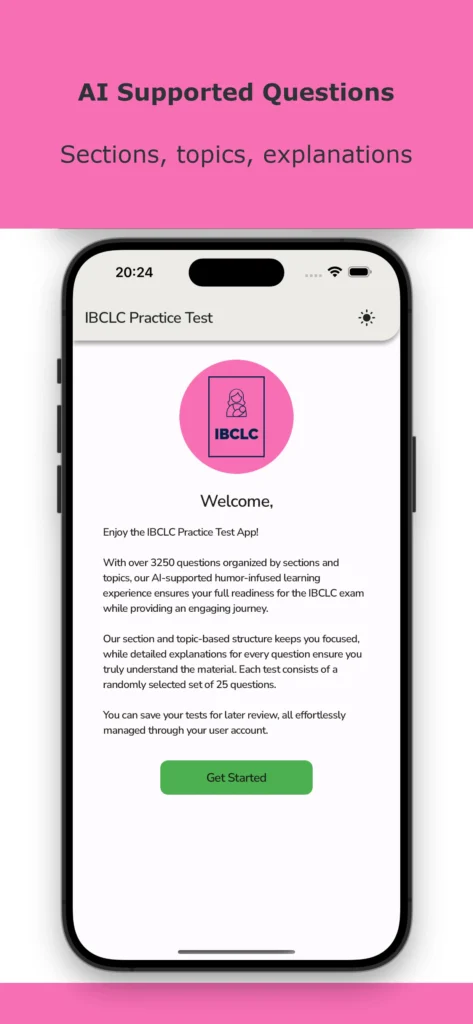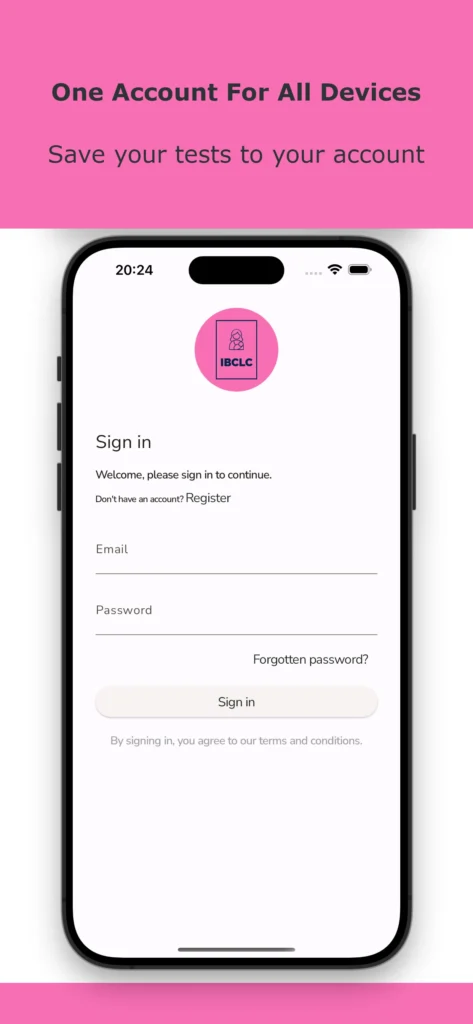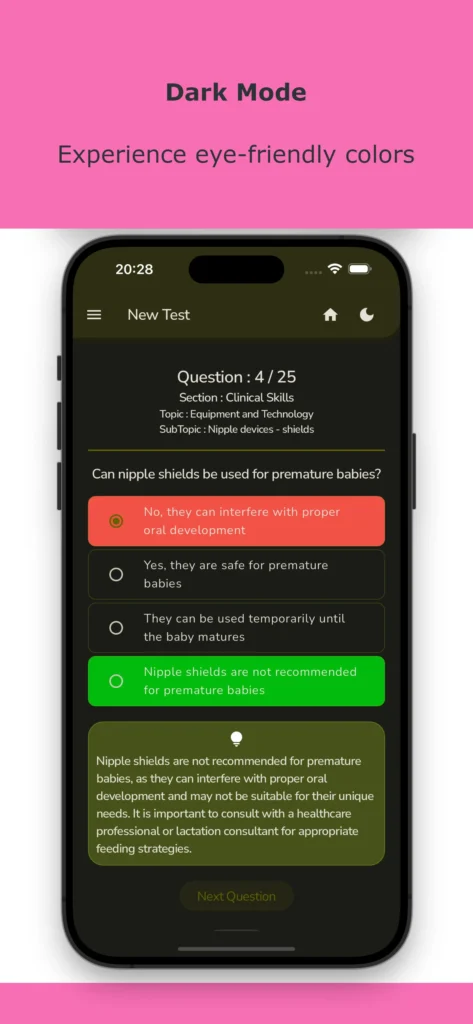Introduction to IBCLC
What is an IBCLC?
An IBCLC stands for International Board Certified Lactation Consultant. It is a healthcare professional who specializes in providing expert lactation support and guidance to breastfeeding families. IBCLCs are highly trained and have extensive knowledge in breastfeeding management, infant feeding, and lactation physiology.
IBCLCs play a crucial role in promoting and supporting breastfeeding, as they help mothers overcome breastfeeding challenges, provide evidence-based information, and assist in establishing a successful breastfeeding relationship.
What does IBCLC certification entail?
IBCLC certification is a rigorous process that ensures the highest standards of lactation care. To become an IBCLC, individuals must meet specific eligibility criteria, including completing specific lactation education, clinical experience, and passing a comprehensive examination.
The IBCLC exam covers various aspects of lactation and breastfeeding, including anatomy and physiology, infant development, breastfeeding management, and ethical considerations. The passing score for the IBCLC exam is determined by the International Board of Lactation Consultant Examiners (IBLCE).
What is the difference between a lactation consultant and an IBCLC?
While the terms ‘lactation consultant’ and ‘IBCLC’ are often used interchangeably, it’s important to note that not all lactation consultants are IBCLCs. An IBCLC is a healthcare professional who has met the rigorous standards set by the IBLCE and has obtained the highest level of certification in lactation consulting.
On the other hand, a lactation consultant may refer to individuals who have completed various levels of lactation education and training but may not hold the IBCLC certification. It is always recommended to seek support from an IBCLC for the most comprehensive and evidence-based lactation care.
What is IBCLC Day?
IBCLC Day is an annual celebration held on the first Wednesday of March to honor and recognize the important work of IBCLCs worldwide. It is a day to raise awareness about the role of IBCLCs in supporting breastfeeding families and promoting breastfeeding as the optimal feeding method for infants.
IBCLC Day 2023 will be celebrated on [insert date]. It is an opportunity to express gratitude to IBCLCs for their dedication, expertise, and commitment to improving maternal and infant health through breastfeeding support.
What Does IBCLC Stand For?
IBCLC stands for International Board Certified Lactation Consultant. An IBCLC is a healthcare professional who specializes in providing expert lactation support and guidance to breastfeeding individuals and their families.
To become an IBCLC, individuals must meet specific educational and clinical requirements and pass a rigorous examination administered by the International Board of Lactation Consultant Examiners (IBLCE). This certification is recognized globally as the gold standard for lactation consultants.
IBCLCs play a crucial role in promoting and supporting breastfeeding. They possess in-depth knowledge and skills in lactation management, infant feeding, and maternal health. They work closely with individuals and families to address breastfeeding challenges, provide evidence-based information, and offer practical solutions.
IBCLCs are highly trained professionals who provide comprehensive lactation care. They work in various settings, including hospitals, clinics, private practices, and community organizations. They collaborate with other healthcare providers to ensure that breastfeeding individuals receive the best possible care and support.
It’s important to note that an IBCLC is different from a lactation consultant or a Certified Lactation Counselor (CLC). While lactation consultants and CLCs also provide breastfeeding support, an IBCLC has undergone more extensive training and has a higher level of expertise.
The IBCLC certification is a mark of excellence and demonstrates the knowledge, skills, and commitment of lactation professionals to provide evidence-based care. IBCLCs adhere to a strict code of ethics and continuously update their knowledge to stay current with the latest research and best practices in lactation support.
Passing the IBCLC exam is no easy feat. The exam covers a wide range of topics, including anatomy and physiology, infant development, breastfeeding management, and professional ethics. The passing score for the exam is set by the IBLCE and may vary from year to year.
IBCLC Day is celebrated annually on March 7th to recognize the important work of IBCLCs and raise awareness about the value of breastfeeding support. It is a day to honor the dedication and expertise of IBCLCs in helping individuals and families achieve their breastfeeding goals.
IBCLC Certification
What is an IBCLC?
An IBCLC stands for International Board Certified Lactation Consultant. It is a globally recognized certification for lactation consultants who provide expert guidance and support to breastfeeding families. IBCLCs are highly trained professionals who have met the rigorous standards set by the International Board of Lactation Consultant Examiners (IBLCE).
IBCLCs have a deep understanding of lactation and breastfeeding, and they play a crucial role in helping mothers and babies establish and maintain successful breastfeeding relationships. They provide evidence-based information, address common breastfeeding challenges, and offer personalized care and support to families.
What is IBCLC Certification?
IBCLC certification is the highest level of recognition in the field of lactation consulting. To become an IBCLC, individuals must meet specific eligibility criteria, including completing specific lactation education, clinical experience, and passing a comprehensive examination.
The IBCLC exam is a challenging test that assesses the knowledge and skills required to provide competent lactation care. It covers a wide range of topics, including anatomy and physiology of lactation, infant feeding and development, breastfeeding management, and professional ethics.
What is the Difference Between a Lactation Consultant and an IBCLC?
While the terms ‘lactation consultant’ and ‘IBCLC’ are often used interchangeably, it’s important to note that not all lactation consultants are IBCLCs. IBCLCs have undergone extensive training and have met the strict requirements set by the IBLCE.
While some lactation consultants may have other certifications or qualifications, the IBCLC certification is considered the gold standard in the field. IBCLCs have a comprehensive understanding of lactation and breastfeeding and are equipped to provide the highest level of care and support to breastfeeding families.
What is the Difference Between IBCLC and CLC?
CLC stands for Certified Lactation Counselor. While both IBCLCs and CLCs provide support to breastfeeding families, there are some key differences between the two certifications.
The IBCLC certification requires a higher level of education, clinical experience, and passing a comprehensive examination. IBCLCs are qualified to provide a wide range of lactation care, including complex cases and medical conditions.
On the other hand, CLCs undergo a shorter training program and focus primarily on basic breastfeeding support and education. They are often found in community settings and provide valuable assistance to families in need of breastfeeding guidance.
What Does an IBCLC Do?
IBCLCs play a vital role in supporting breastfeeding families. They provide a range of services, including:
- Assessing and addressing breastfeeding challenges
- Providing evidence-based information and education
- Offering guidance on breastfeeding positions and techniques
- Assisting with latching and milk transfer
- Supporting mothers with low milk supply or oversupply
- Helping with breastfeeding difficulties related to medical conditions
- Providing emotional support and encouragement
Is the IBCLC Exam Hard?
The IBCLC exam is known for its difficulty and rigor. It requires a comprehensive understanding of lactation and breastfeeding, as well as the ability to apply that knowledge in various scenarios.
Preparing for the exam requires dedication, extensive studying, and practical experience. Many candidates choose to enroll in specialized lactation education programs and seek mentorship from experienced IBCLCs to enhance their chances of success.
When is IBCLC Day?
IBCLC Day is celebrated annually on March 7th. It is a day dedicated to recognizing the important work of IBCLCs and raising awareness about the benefits of breastfeeding.
On IBCLC Day, various events and activities are organized worldwide to honor the contributions of IBCLCs and promote breastfeeding as a key component of maternal and child health.
Mark your calendars for IBCLC Day 2023 on March 7th!
Difference Between a Lactation Consultant and an IBCLC
Understanding the Distinction
When it comes to seeking support and guidance for breastfeeding, you may come across the terms ‘lactation consultant’ and ‘IBCLC.’ While both professionals play a crucial role in assisting breastfeeding parents, there are important distinctions between the two.
What is an IBCLC?
An IBCLC stands for International Board Certified Lactation Consultant. To become an IBCLC, individuals must meet rigorous requirements set by the International Board of Lactation Consultant Examiners (IBLCE). These requirements include completing specific lactation education, gaining clinical experience, and passing a comprehensive exam.
What is a Lactation Consultant?
A lactation consultant, on the other hand, is a broader term that encompasses various levels of expertise and certifications. While some lactation consultants may hold the IBCLC certification, others may have different certifications or qualifications.
Key Differences
The main difference between a lactation consultant and an IBCLC lies in the level of certification and expertise. An IBCLC is the highest level of certification for lactation professionals, indicating that they have met the rigorous standards set by the IBLCE.
IBCLCs have extensive knowledge and experience in lactation management, breastfeeding support, and addressing complex breastfeeding challenges. They are equipped to provide evidence-based care, assess and address breastfeeding difficulties, and offer comprehensive support to breastfeeding parents.
On the other hand, lactation consultants without the IBCLC certification may have varying levels of training and expertise. While they can still provide valuable support and guidance, their scope of practice may be more limited compared to IBCLCs.
Choosing the Right Support
When seeking breastfeeding support, it is important to consider your specific needs and the level of expertise required. If you are facing complex breastfeeding challenges or need in-depth guidance, consulting an IBCLC is highly recommended. IBCLCs have undergone extensive training and have the knowledge and skills to address a wide range of breastfeeding issues.
However, if you are seeking general breastfeeding support or have less complex concerns, a lactation consultant without the IBCLC certification may still be able to provide valuable assistance.
Conclusion
While both lactation consultants and IBCLCs play a vital role in supporting breastfeeding parents, the distinction lies in the level of certification and expertise. IBCLCs have undergone rigorous training and have met the highest standards in the field, making them well-equipped to address complex breastfeeding challenges. When seeking breastfeeding support, consider your specific needs and choose the professional who can best meet those needs.
Preparing for the IBCLC Exam
Understanding the IBCLC Exam
The International Board Certified Lactation Consultant (IBCLC) exam is a comprehensive assessment that evaluates the knowledge and skills of individuals seeking certification as lactation consultants. Passing the exam is a crucial step towards becoming an IBCLC and signifies a high level of expertise in lactation management.
The IBCLC exam consists of multiple-choice questions that cover various aspects of lactation and breastfeeding. It assesses your understanding of anatomy and physiology, infant feeding practices, breastfeeding support techniques, and ethical considerations in lactation consulting.
It is important to note that the IBCLC exam is challenging and requires thorough preparation. However, with the right approach and dedication, you can increase your chances of success.
Preparing for the IBCLC Exam
Here are some tips to help you prepare for the IBCLC exam:
- 1. Familiarize Yourself with the Exam Content: Review the IBCLC exam blueprint to understand the topics and domains that will be covered. This will help you prioritize your study materials and focus on areas that require more attention.
- 2. Create a Study Plan: Develop a study schedule that allows you to allocate sufficient time to each topic. Break down your study sessions into manageable chunks and set realistic goals.
- 3. Utilize Reliable Study Resources: Invest in reputable study materials, such as textbooks, online courses, and practice exams. These resources will provide you with comprehensive information and help you familiarize yourself with the exam format.
- 4. Join Study Groups or Online Forums: Engage with other aspiring IBCLCs through study groups or online forums. This will give you the opportunity to discuss challenging topics, share resources, and gain insights from others.
- 5. Practice Time Management: The IBCLC exam has a time limit, so it is essential to practice time management during your study sessions. Take practice exams under timed conditions to improve your speed and accuracy.
- 6. Seek Mentorship or Guidance: If possible, connect with experienced IBCLCs who can provide mentorship or guidance. Their expertise and insights can be invaluable in your preparation journey.
- 7. Stay Updated with Current Research: Lactation science is constantly evolving, so it is important to stay updated with the latest research and guidelines. Follow reputable sources and attend conferences or webinars to enhance your knowledge.
Passing Score and Exam Difficulty
The passing score for the IBCLC exam is determined by the International Board of Lactation Consultant Examiners (IBLCE) and may vary from year to year. It is important to check the IBLCE website for the most up-to-date information on passing scores.
While the IBCLC exam is challenging, it is not impossible to pass with proper preparation. By dedicating sufficient time to studying, utilizing reliable resources, and practicing exam-like conditions, you can increase your chances of success.
IBCLC Day
IBCLC Day is an annual celebration held on the first Wednesday of March to honor and recognize the contributions of IBCLCs worldwide. It is a day to raise awareness about the importance of lactation support and the role of IBCLCs in promoting breastfeeding.
IBCLC Day 2023 will be celebrated on March 1st. It is an opportunity to acknowledge the dedication and expertise of IBCLCs and highlight the impact they have on the health and well-being of breastfeeding families.
Conclusion
In conclusion, an IBCLC (International Board Certified Lactation Consultant) is a highly trained and certified professional who provides expert support and guidance to breastfeeding mothers and their infants. With their extensive knowledge and experience in lactation and breastfeeding, IBCLCs play a crucial role in promoting successful breastfeeding journeys.
IBCLCs undergo rigorous training and education to obtain their certification. They must meet specific requirements, including completing a minimum number of hours of lactation-specific education, clinical practice, and passing a comprehensive exam. This certification ensures that IBCLCs have the necessary skills and knowledge to provide evidence-based care and support to breastfeeding families.
The main difference between a lactation consultant and an IBCLC is the level of certification and expertise. While both professionals provide support for breastfeeding, an IBCLC has gone through additional training and has met the strict requirements set by the International Board of Lactation Consultant Examiners (IBLCE).
IBCLCs are equipped to handle a wide range of breastfeeding challenges and can provide personalized care and assistance. They can help with issues such as latching difficulties, low milk supply, nipple pain, and more. IBCLCs also offer guidance on breastfeeding positions, pumping, and transitioning to solid foods.
The IBCLC certification is recognized globally and is considered the gold standard in lactation support. IBCLCs adhere to a code of ethics and maintain their knowledge and skills through continuing education. This commitment to professional development ensures that IBCLCs stay up-to-date with the latest research and best practices in lactation support.
In conclusion, if you are a breastfeeding mother seeking expert guidance and support, consulting with an IBCLC can greatly benefit you and your baby. Their expertise and experience can help overcome breastfeeding challenges and ensure a successful and fulfilling breastfeeding journey. So, reach out to an IBCLC today and give yourself the best chance at a positive breastfeeding experience.








